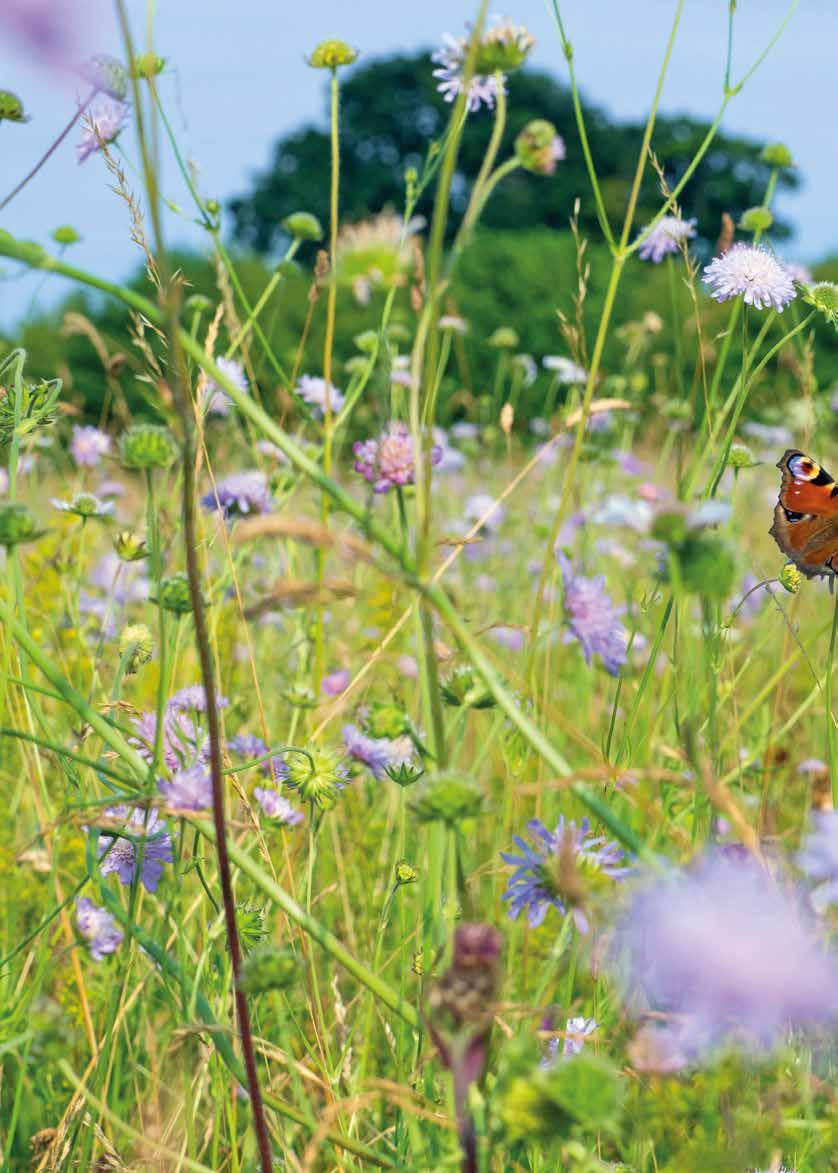
2 minute read
Ospreys in focus
FOCUS ON Ospreys in Suffolk Bringing back nature
Suffolk Wildlife Trust is delighted to be leading an exciting project to reintroduce ospreys to the Suffolk coast.
Advertisement
Ospreys on the Blyth Estuary

The return of ospreys
Last year we had high hopes that we could translocate young ospreys to the Blyth valley. Unfortunately, the number of breeding birds in the Midlands (where we were to source the young birds) was lower than typically expected. As a result, we decided to delay the project to ensure we did not risk negative effects on the donor population. We are hopeful that there will be enough birds this year to enable us to start the translocation.
Righting wrongs
East Anglia was once home to breeding ospreys and we want to see this keystone species thriving on our coast once more, hopefully spreading beyond Suffolk to our neighbouring counties and the Netherlands. We will be working with experts at the Roy Dennis Wildlife Foundation, Leicestershire and Rutland Wildlife Trust and Natural England to move a small number of chicks to the Blyth Estuary. Similar projects, like at Rutland Water and across Europe and North America, have shown how successful translocations can be for bolstering national populations and encouraging species to move back into areas where they are now absent, due to factors like historical persecution or egg collecting. By taking confident action, we can go some way to righting past wrongs.
Planning for the future
Ospreys are regular visitors to the Suffolk coast on migration and sightings are increasing. Many of the 300 pairs breeding in Scotland stop off in Suffolk on their migration north and the rich biodiversity makes the Blyth Estuary a favourite hunting spot. Much of the estuary, with river walls long ago eroded away, provides an ideal wide expanse of wetland habitat, with nature reserves that include Hen Reedbeds. The Minsmere-Walberswick Special
Protection Area (SPA) and Ramsar status means it is recognised for its international importance and it is this richness and mosaic of habitats, that makes it perfect for a translocation.
ALAMY

What next?
We are hopeful we can start our reintroduction this summer and we have all the infrastructure needed as well as licences in place. We are extremely grateful to everyone who has been part of this project so far, either by sharing their views in our online consultation last year, or by donating.
Stay up to date
suffolkwildlifetrust.org/ospreys








